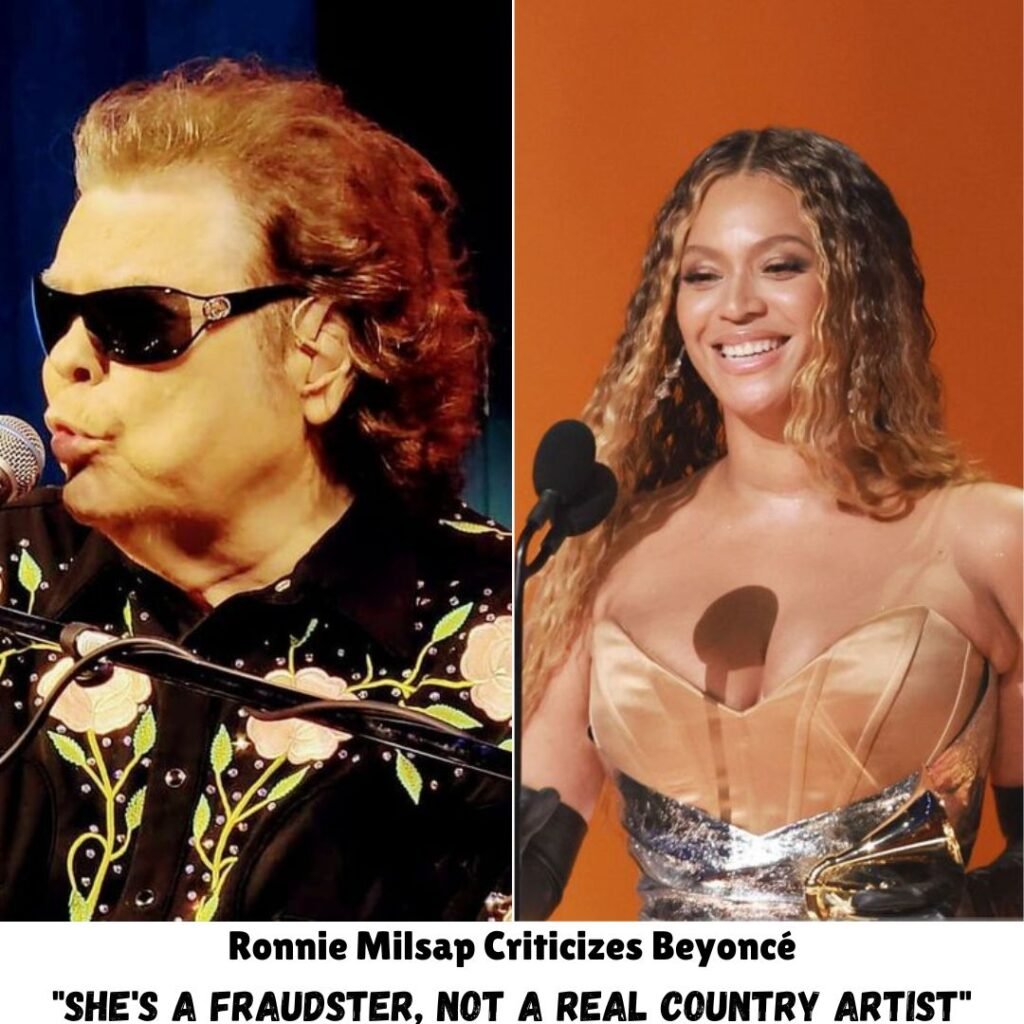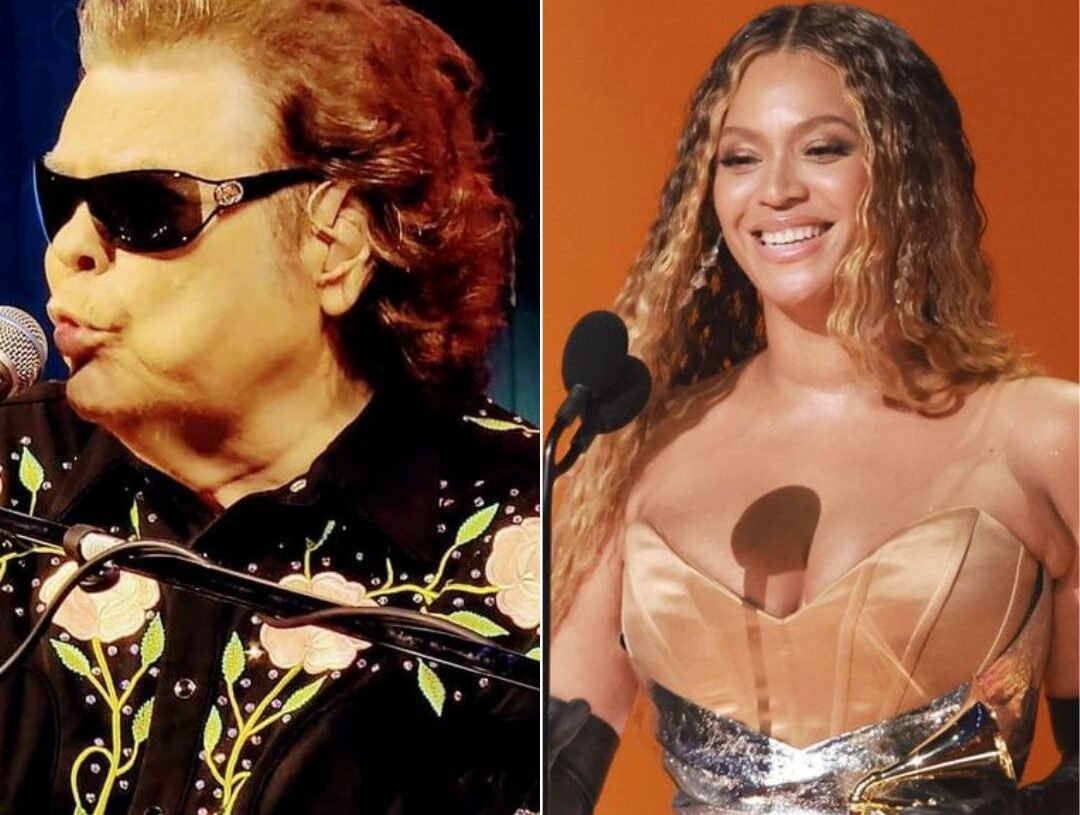In an unexpected clash of cultures, country music icon Ronnie Milsap has sparked controversy with his outspoken criticism of Beyoncé’s foray into country music with her latest album, Cowboy Carter. Milsap, known for his contributions to country and crossover hits, didn’t hold back in labeling Beyoncé as inauthentic in the genre.
Beyoncé’s Cowboy Carter is a bold fusion of country with hip-hop, pop, blues, and more, earning both praise and critique for its innovative sound. While some applaud her for breaking musical barriers, others, like Milsap, argue it lacks the simplicity and soul of classic country.

However, Beyoncé’s intention with Cowboy Carter is to highlight the overlooked contributions of Black pioneers in American music, including in country. Collaborations with Black country artists like Brittney Spencer and Willie Jones aim to weave a tapestry of sound rooted in history.
Despite Milsap’s criticism, many in the industry defend Beyoncé, seeing her work as expanding the reach of country music to younger and diverse audiences. The debate over “real” country music is not new, with each era sparking discussions on authenticity and innovation.
While Beyoncé has not directly responded to Milsap, sources close to her emphasize her commitment to her artistic vision and the discussions sparked by Cowboy Carter. Commercial and critical success suggests public opinion may be more receptive to genre-blending.
Ultimately, Cowboy Carter represents a cultural moment challenging the boundaries of musical genres and authenticity. It underscores the evolving nature of music and culture, with Beyoncé serving as both a product of this evolution and a catalyst for change in 21st-century country music.
